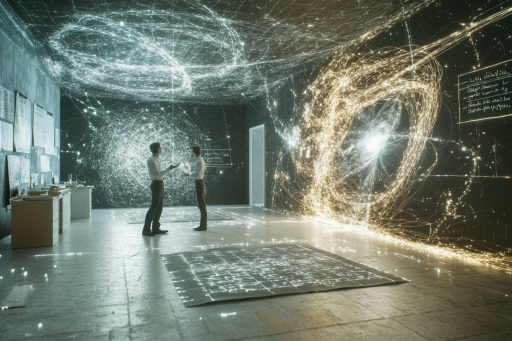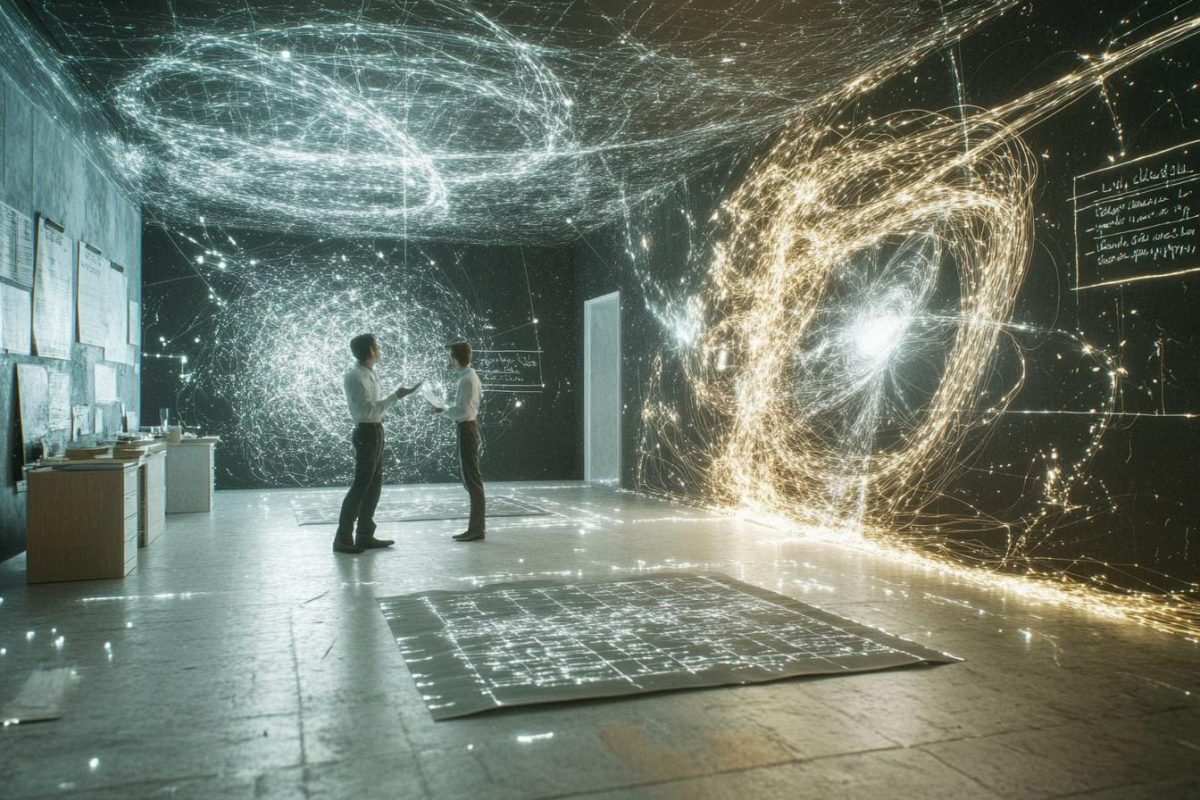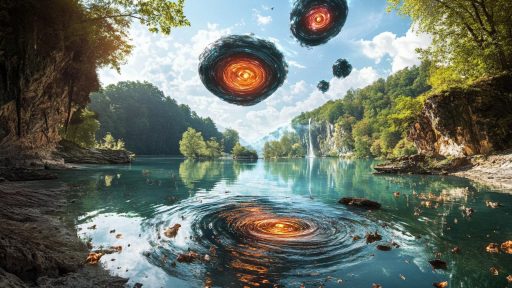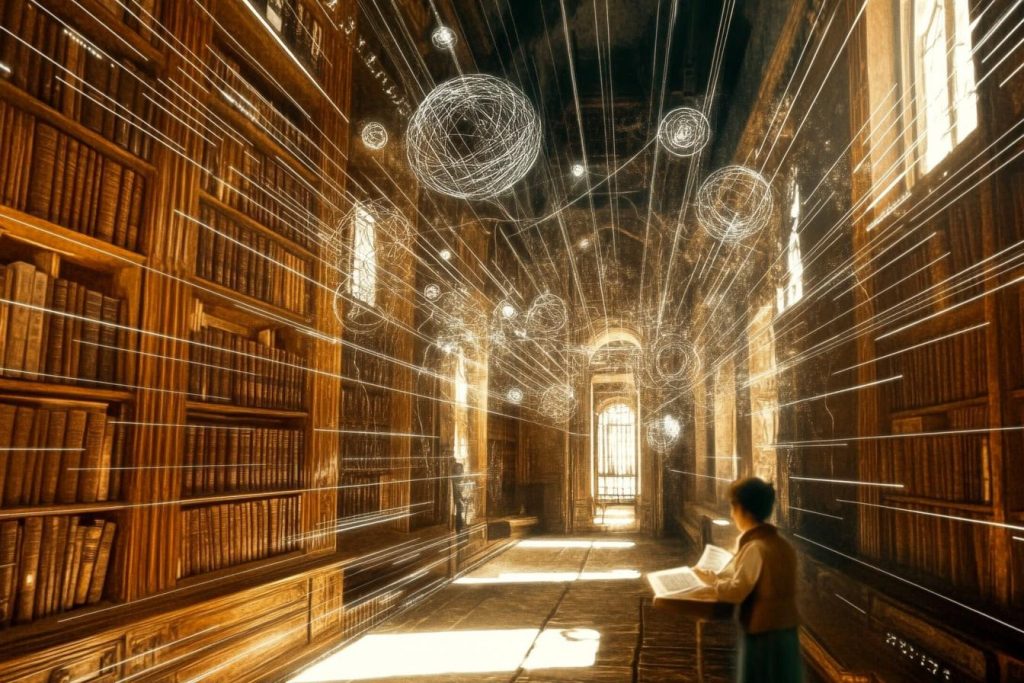
Physics, the science that explains our universe, is often seen as a realm of absolutes and certainties. Yet even within this most structured of disciplines, deep disagreements still stir between historians and scientists. From ancient theories that refuse to die to modern phenomena that resist consensus, some insights remain shrouded in uncertainty. These unresolved debates remind us that even the laws of nature aren’t immune to mystery.
The True Origin of the Theory of Relativity

While Albert Einstein is widely credited with developing the theory of relativity, some historians argue that earlier contributions from Henri Poincaré and Hendrik Lorentz were foundational and underappreciated. The dispute centers on whether Einstein’s 1905 paper was an original breakthrough or a synthesis of existing ideas. Scholars continue to analyze letters, lectures, and publications for traces of influence and omission. The debate raises larger questions about how scientific credit is assigned and remembered.
What Really Happened in the Michelson-Morley Experiment
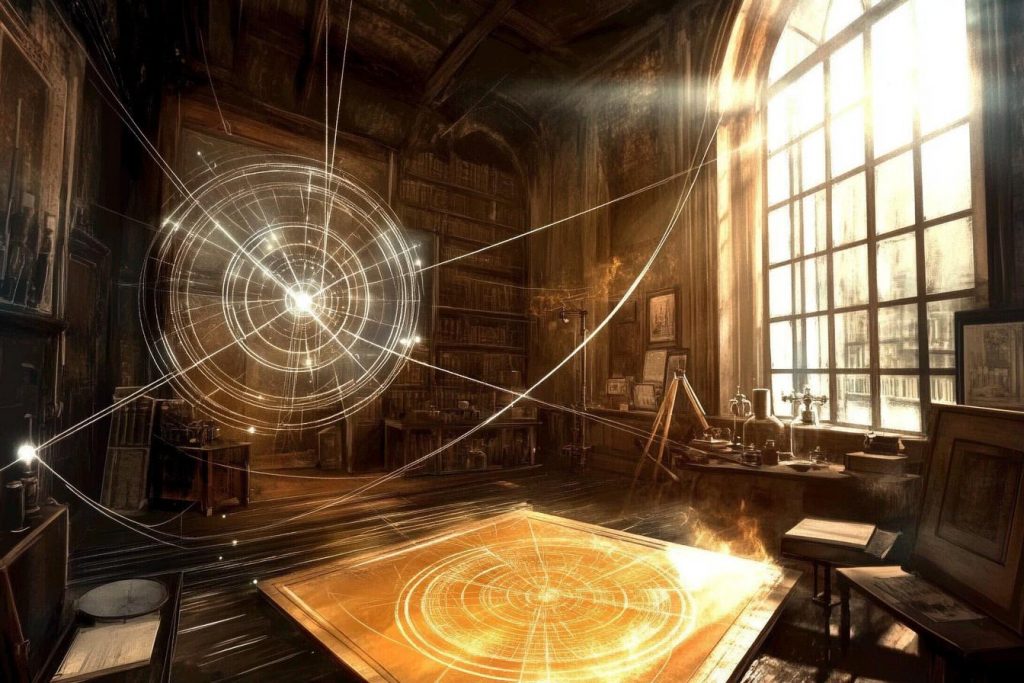
The Michelson-Morley experiment is often cited as the death knell for the “aether” theory, but interpretations of its results remain hotly contested. Some argue the experiment didn’t conclusively disprove the existence of aether, but rather revealed limitations in measurement technology of the time. Others believe the dismissal of the aether was more philosophical than empirical. The event’s legacy continues to spark debate over how much of physics is shaped by interpretation.
Did Newton Actually Discover Gravity Alone?

Isaac Newton’s law of universal gravitation is a pillar of physics, yet the path to its discovery may not have been a solo effort. Contemporaries like Robert Hooke and Edmund Halley played crucial roles, and some documents suggest Hooke had gravitational ideas before Newton formalized them. Disputes over stolen credit and suppressed records persist. Historians still question how much of the glory should be shared.
The Mystery of Wave-Particle Duality
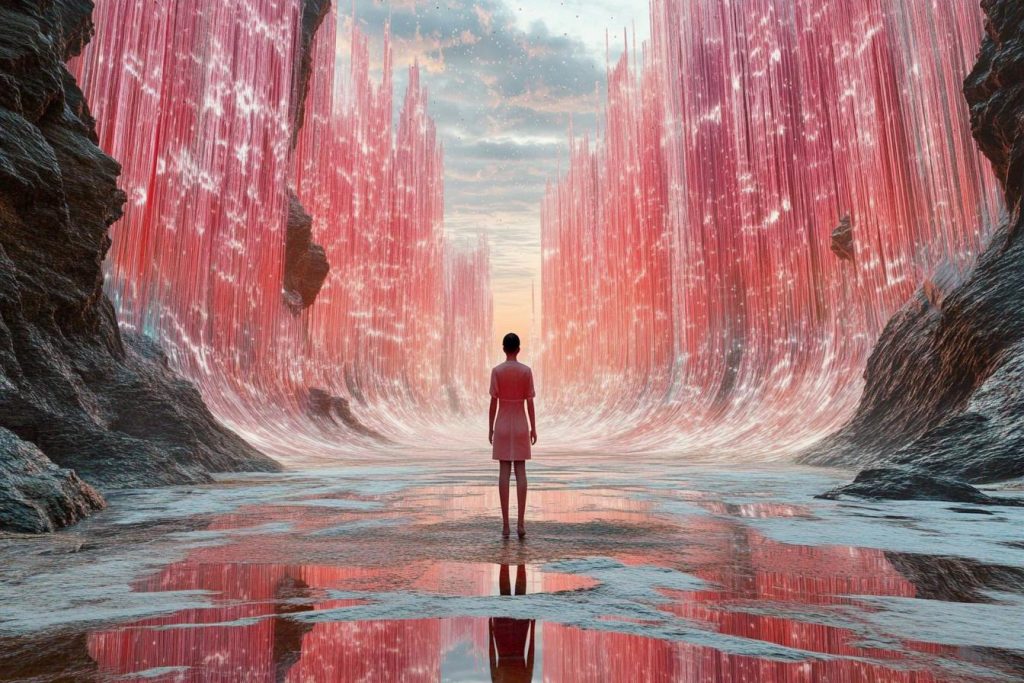
Quantum mechanics tells us particles like electrons can behave as both waves and particles, but the philosophical implications remain unresolved. Did the universe always work this way, or is wave-particle duality a quirk of observation? Physicists still argue whether it reflects objective reality or just our limited understanding. The nature of what’s “real” at the quantum level is still anything but settled.
The Nature of the Vacuum
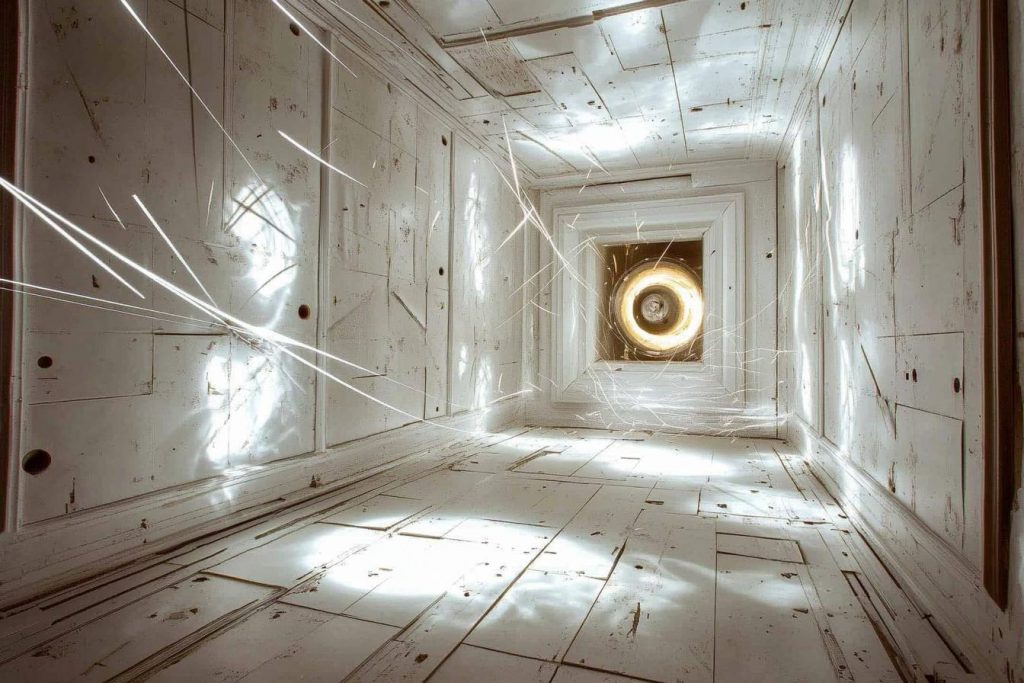
Empty space isn’t truly empty—but just how full it is remains an open question. Some theories describe the vacuum as a bubbling sea of quantum fluctuations, while others propose it has real structure and energy. The concept of “zero-point energy” has led to both legitimate research and fringe speculation. Whether the vacuum is a cosmic canvas or a hidden powerhouse is still up for grabs.
Is Time an Illusion or a Fundamental Force?
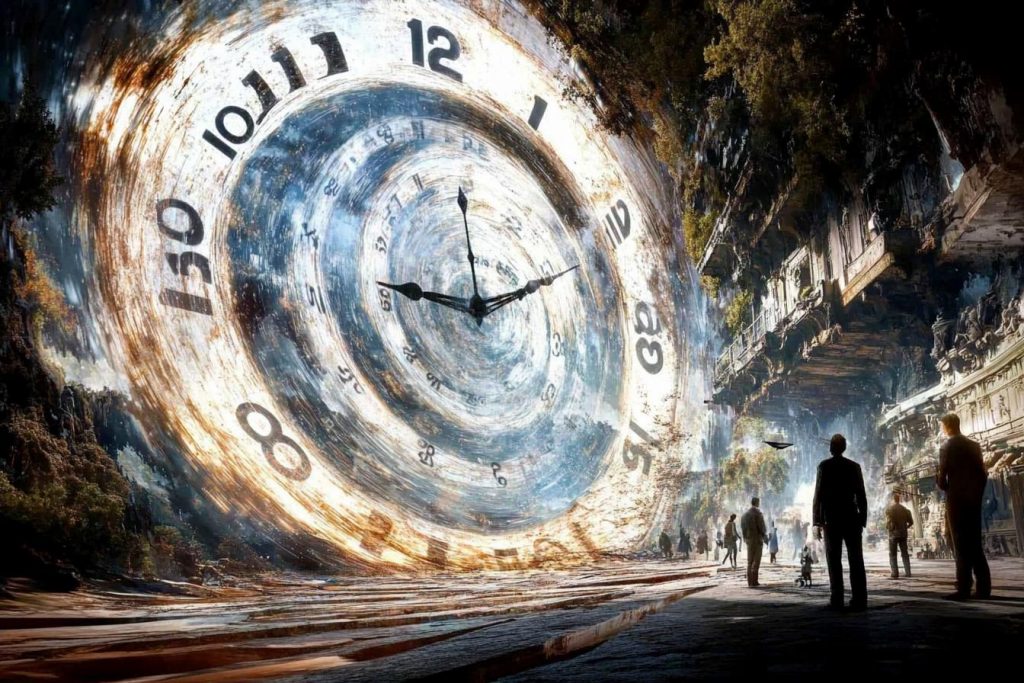
Einstein famously described time as relative, but physicists and philosophers alike can’t agree on whether time is an illusion or a fundamental component of the universe. Some theories suggest time emerges from entropy, while others argue it’s built into the very fabric of spacetime. Historians add another layer, questioning when our modern understanding of time truly began. The very thing we measure constantly might not even exist the way we think.
The Disputed Legacy of Nikola Tesla
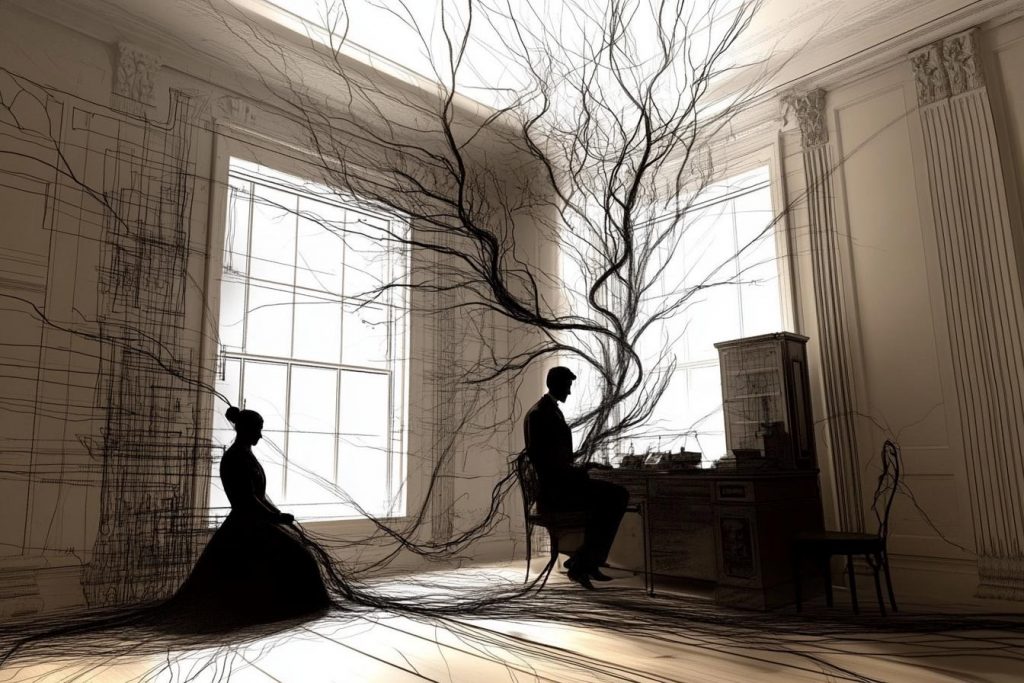
Tesla is celebrated today as a visionary, but his contributions to physics remain controversial. Some claim he discovered early principles of wireless energy transmission and resonant frequencies well ahead of his time. Others argue his theories lacked the mathematical rigor needed for lasting impact. His mix of genius and eccentricity continues to fuel debate over how he should be remembered in the annals of physics.
What Actually Powers the Sun?
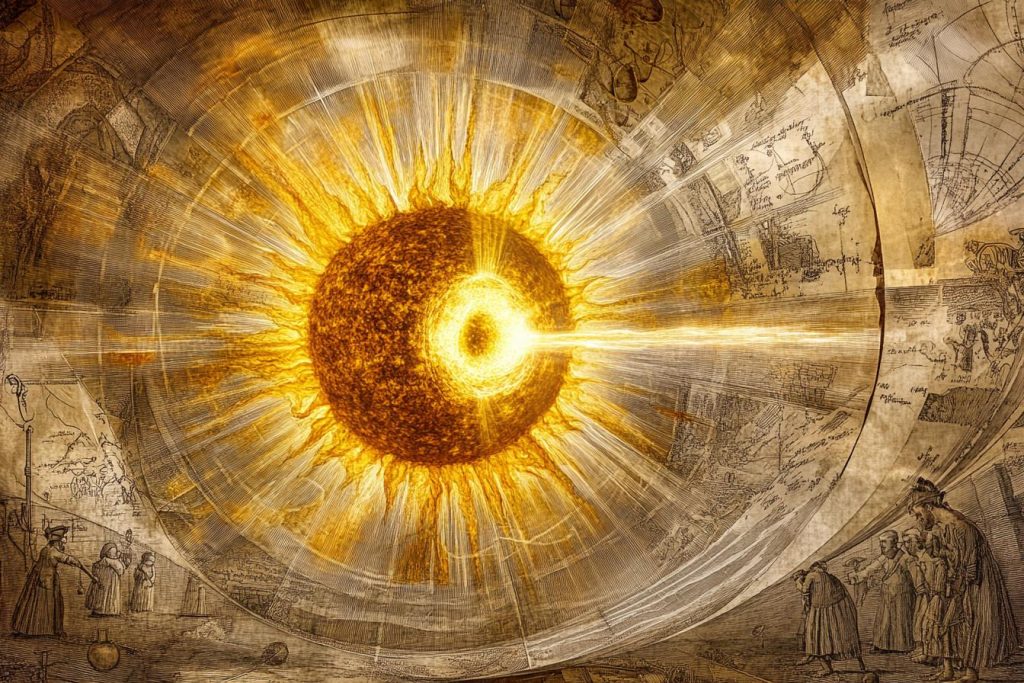
We now understand that nuclear fusion powers the Sun, but the path to this knowledge was riddled with disagreement. Early physicists believed gravitational contraction was the source of solar energy, a theory that led to decades of debate. Even now, questions remain about the exact mechanisms and fluctuations in solar output. The story of solar physics is one of evolving truths and lingering unknowns.
The Invention of the Laser: Who Came First?
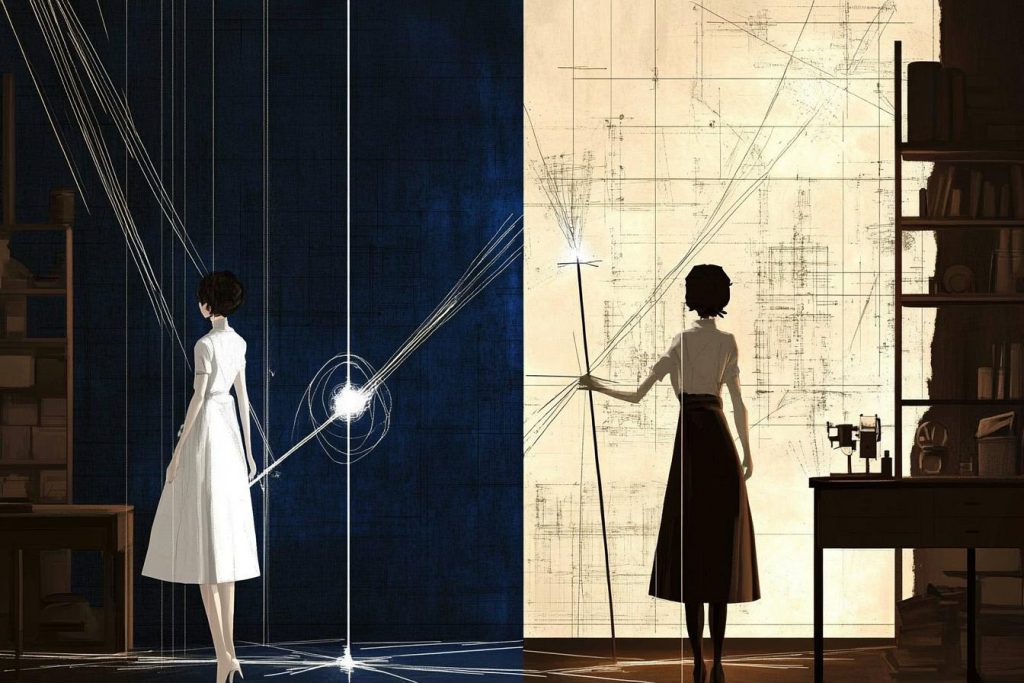
The development of the laser was not a single breakthrough, but a series of competing discoveries. Theodore Maiman is credited with building the first working laser, but Charles Townes and Arthur Schawlow laid the groundwork, while Soviet scientists claim parallel achievements. The debate extends to who truly conceptualized the technology. This tug-of-war over recognition reflects broader tensions in Cold War-era science.
Quantum Entanglement: Einstein’s “Spooky” Misunderstanding?
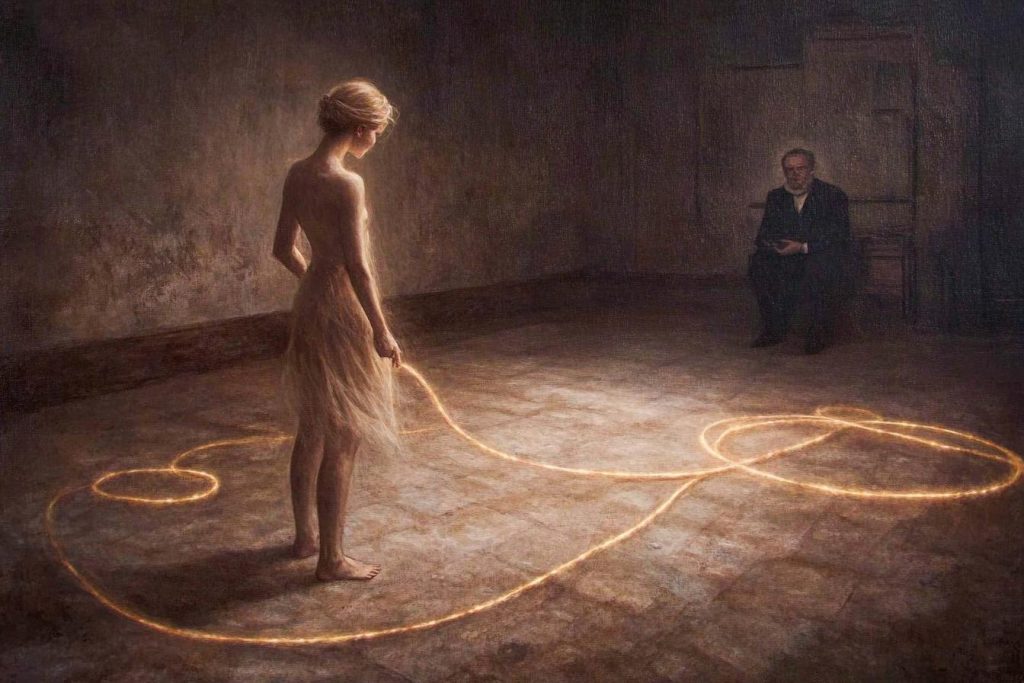
Einstein dismissed quantum entanglement as “spooky action at a distance,” yet it’s now a foundational part of quantum theory. However, historians argue Einstein may have misunderstood—or deliberately downplayed—the implications of entanglement. Scientists remain divided over how entanglement truly works, and whether faster-than-light communication is a hidden reality. The argument blurs the line between skepticism and foresight.
The Thermodynamics of Black Holes
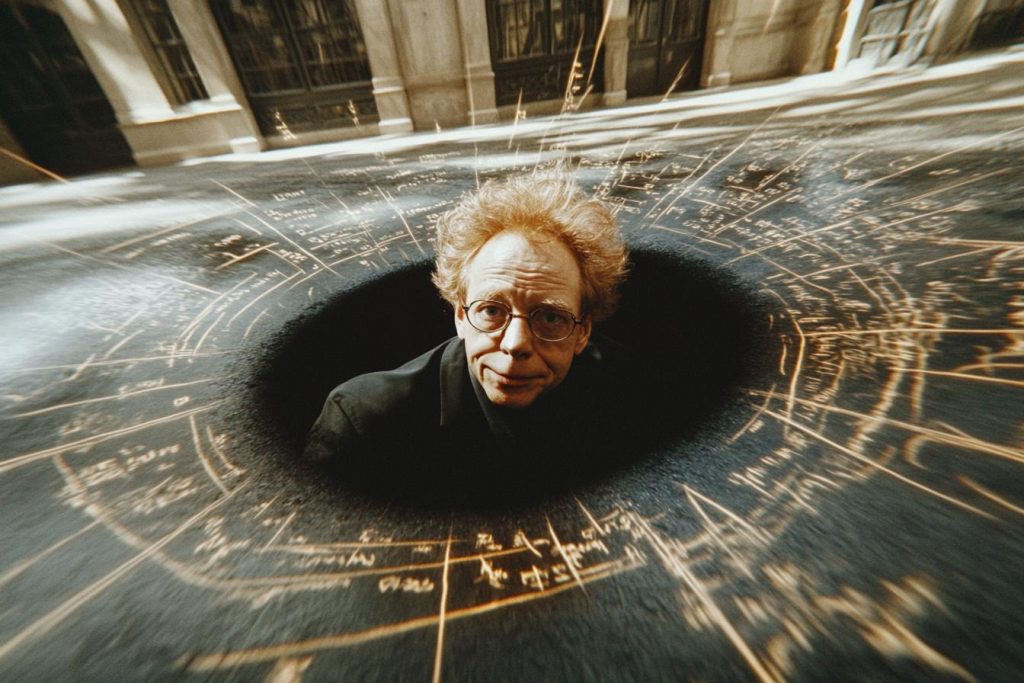
Stephen Hawking’s discovery that black holes emit radiation was groundbreaking, but not universally accepted. The idea that black holes can evaporate—and potentially disappear—challenges classical views of conservation laws. Some physicists argue this creates a paradox that hasn’t been resolved. The disagreement continues to shape how we think about gravity, entropy, and the limits of the observable universe.
Do Parallel Universes Really Exist?
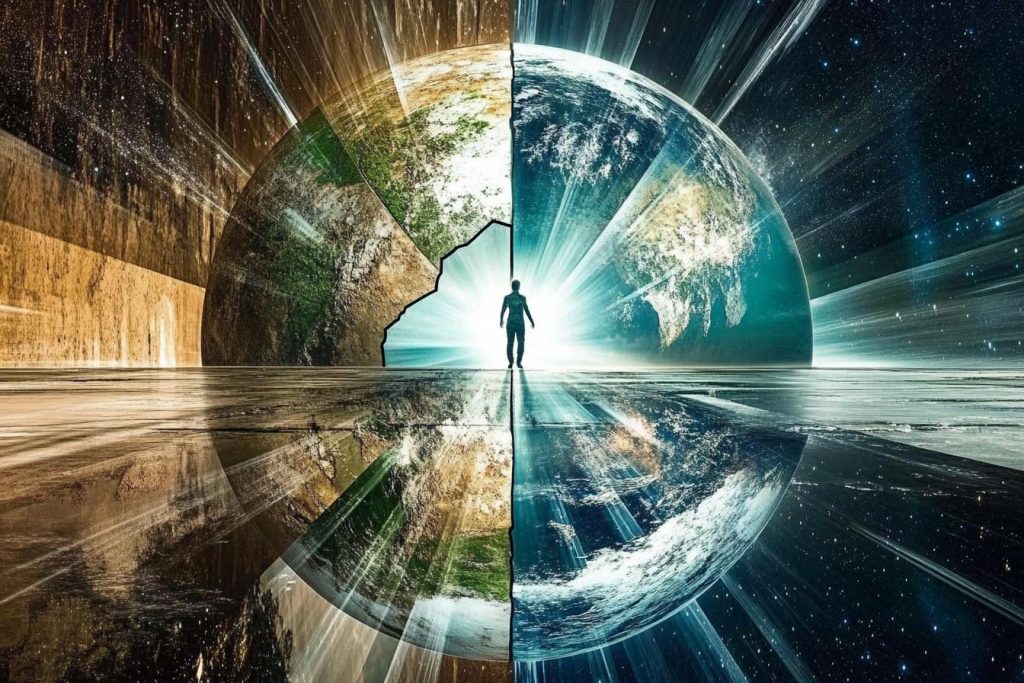
The multiverse theory has become a popular explanation for quantum randomness, but many physicists—and historians of science—see it as speculative at best. The idea suggests infinite versions of reality, branching from each quantum event. Critics argue it lacks falsifiability and strays into metaphysics. Whether it’s science or science fiction remains a heated question.
Light: Particle, Wave… or Something Else Entirely?
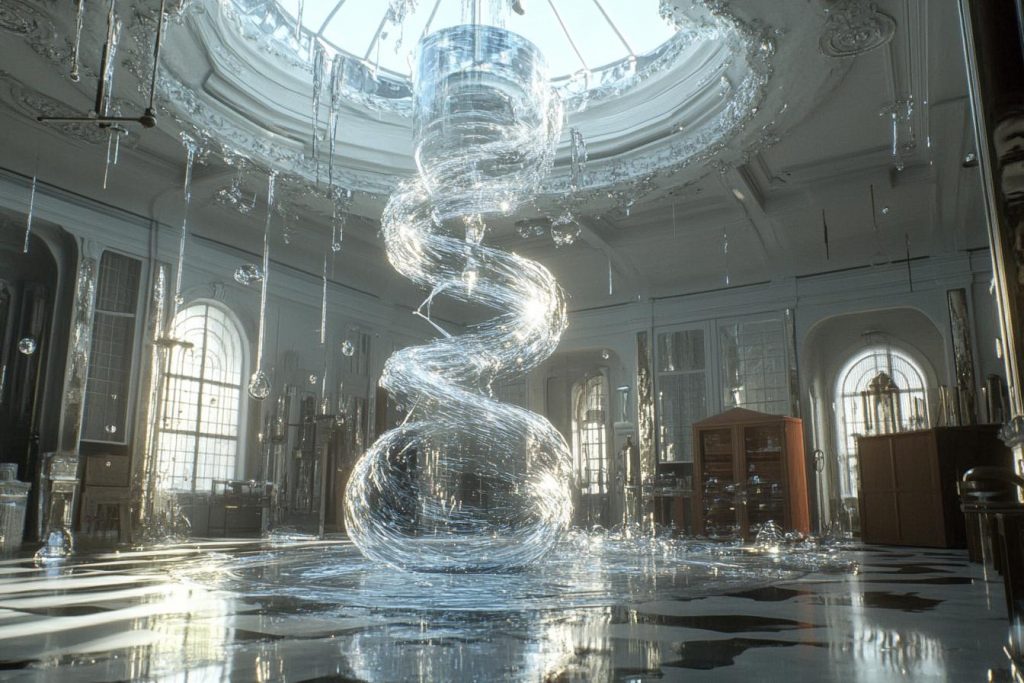
Centuries of debate have tried to categorize light, from Newton’s corpuscular theory to Maxwell’s waves and modern quantum electrodynamics. Today, light is treated as both a particle and a wave, but some physicists think we’re still missing the full picture. New research hints at structures in light that defy traditional categories. The debate over what light truly is continues to evolve with every experiment.
Echoes of Uncertainty
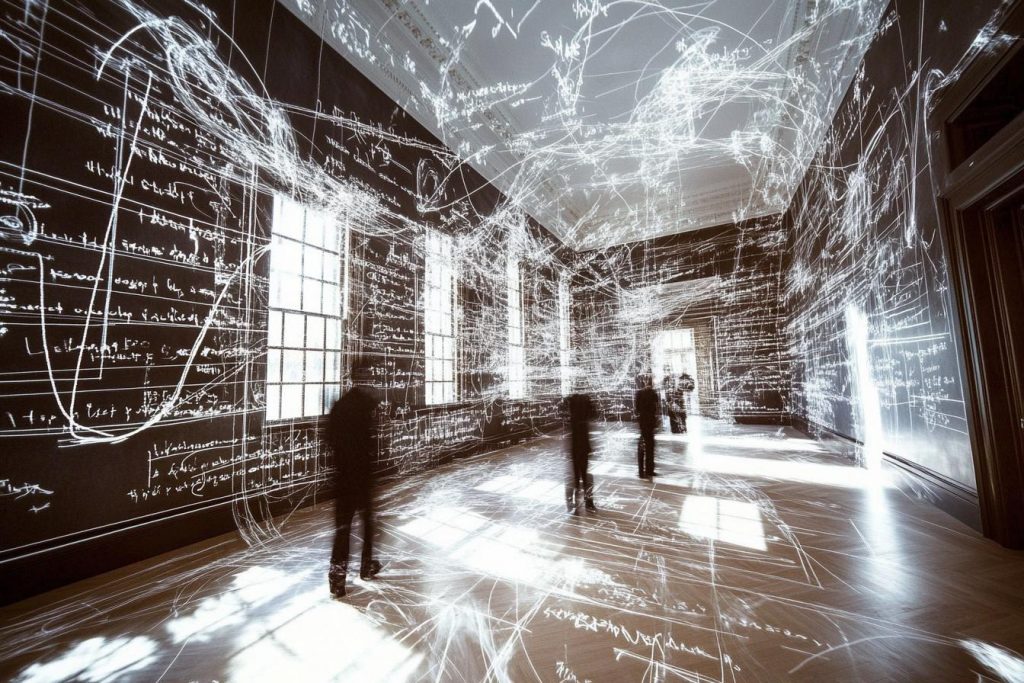
Physics thrives on precision, yet its greatest insights are often haunted by controversy. The boundaries between discovery, interpretation, and legacy blur more than we care to admit. For every equation etched into textbooks, there’s a dispute still echoing in lecture halls and labs. Perhaps the most profound truths are the ones we may never fully agree on.

